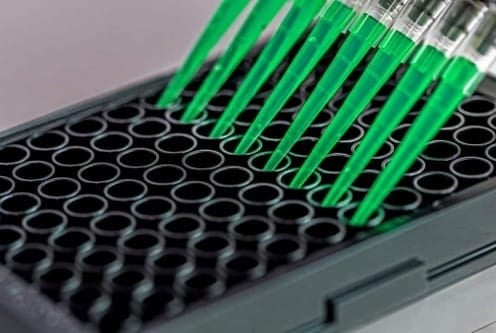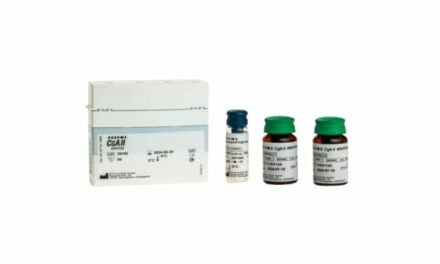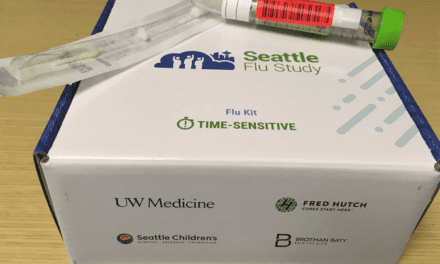Summary:
Amsbio has launched ready-to-use DUB enzyme assay kits in a 96-well format to streamline deubiquitinase activity measurement and inhibitor screening with high sensitivity and ease of use.
Takeaways:
- The kits require minimal setup, no substrate preparation, and are suitable for both kinetic and endpoint analyses.
- They target specific DUB enzymes like BAP1, USP7, and UCHL1, supporting precise activity profiling and drug screening.
- Research areas that can benefit include cancer, neurodegenerative diseases, and immune regulation.
Amsbio has launched a new range of Deubiquitinating (DUB) enzyme assay kits supplied in a convenient and easy-to-use 96-well assay format. With minimal setup required and no need for substrate preparation, these ready-to-use kits accelerate routine DUB activity assays without compromising data quality.
Important Physiological Processes
Ubiquitination and deubiquitination are two important physiological processes in the ubiquitin-proteasome system, responsible for protein degradation in cells. The DUB enzyme family contains around 100 proteins that remove ubiquitin from a variety of substrates. Widely involved in the regulation of cellular processes including cell proliferation, autophagy, DNA damage repair, and immune response, DUBs have been implicated in a range of human diseases and consequently are attractive targets for potential therapeutic intervention via the development of suitable inhibitors and modulators.
DUB Enzyme Assay Kits Are Tailored to Individual Enzymes
The new kits are based on ubiquitin derivatives conjugated with various fluorophores that enable sensitive and specific detection using a microplate reader at an excitation wavelength of 485 nm and an emission wavelength of 535 nm. The range includes kits tailored to individual DUB enzymes such as BAP1, USP7, and UCHL1, enabling researchers to precisely profile activity or screen inhibitors against disease-relevant targets.
Designed to quickly measure deubiquitinase activity or inhibitor screening in purified enzyme systems and cell-based models – these new assay kits come optimized for both kinetic and endpoint analysis. Supplied in an industry standard 96-well microplate format these DUB enzyme assay kits are high throughput screening compatible and ready-to-use by academic, biotech and pharma researchers.
Areas of research that may benefit from these kits include cancer tumor suppression and cell cycle regulation; neurodegenerative diseases, such as Parkinson’s, via mitochondrial and protein clearance pathways and Immune system function and inflammation, where DUBs regulate cytokine signaling and innate immunity.
Featured Image: DUB enzyme activity assay kit (in use). Image: Amsbio





